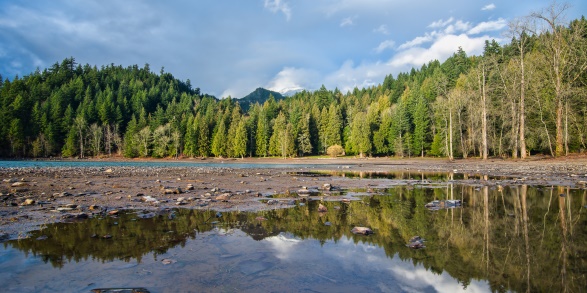The mining industry contributes mightily to Canada’s economic prosperity, adding $54 billion to Canada’s GDP and employing roughly 383,000 Canadians at an average annual salary of more than $110,000 in 2013. But Canada has a serious problem with land-use certainty that may threaten future investment in the sector.
first nations
Back in 1950, the Department of Indian Affairs and Northern Development spent $922 per registered “Indian.” As of 2012, the renamed Aboriginal Affairs and Northern Development Canada spent $9,056 per registered First Nations person.
The concept of “democracy” is important to many Canadians. Prime Minister Stephen Harper has received awards identifying him as a “champion of democracy, freedom and human rights” and the government has frequently spoken out against democratic violations in other countries.
While the recent federal budget received much attention for its debt and deficit forecasts, a smattering of legislative reforms giving First Nations greater control of on-reserve education went largely unnoticed. Hand-in-hand with the proposed reforms, the feds also promised an additional $1.25 billion in core funding for on-reserve education over three years, on top of the current $1.5 billion spent annually. All of which was supported by the Assembly of First Nations.
If Canadians wonder why little progress has been made in bringing prosperity to First Nations communities, they just received another reminder from an Ottawa-based think tank that reinforces the status quo approach to Aboriginal policy: spend more tax dollars.
In a recent column published in PostMedia papers ('Catching up on Aboriginal services is not cheap,') Brian Lee Crowley of the Macdonald Laurier Institute took issue with and was highly critical of our recent study, which documented a portion of the tax dollars spent on Aboriginal matters.
Canada's taxpayers have been increasingly generous to Aboriginal Canadians over the decades but that reality is not often the narrative one hears from selected First Nations leaders. Instead, the oft-stated opinion is that taxpayers should ante up ever more.
The recent protests in New Brunswick against proposed hydraulic fracturing (fracking) has put a spotlight on the Elsipogtog (Elsi-book-took) First Nation, which has been extremely vocal in its opposition to proposed shale gas exploration. But however sincere these protests, they are ultimately misguided.
National Aboriginal Day is a time for Canadians to reflect on the contributions of Aboriginal peoples in Canada. Sadly, on this day most people will instead consider the sorry state of reserve communities and ask why, despite years of well-intentioned government programming, nothing ever seems to get better for Aboriginal people.

